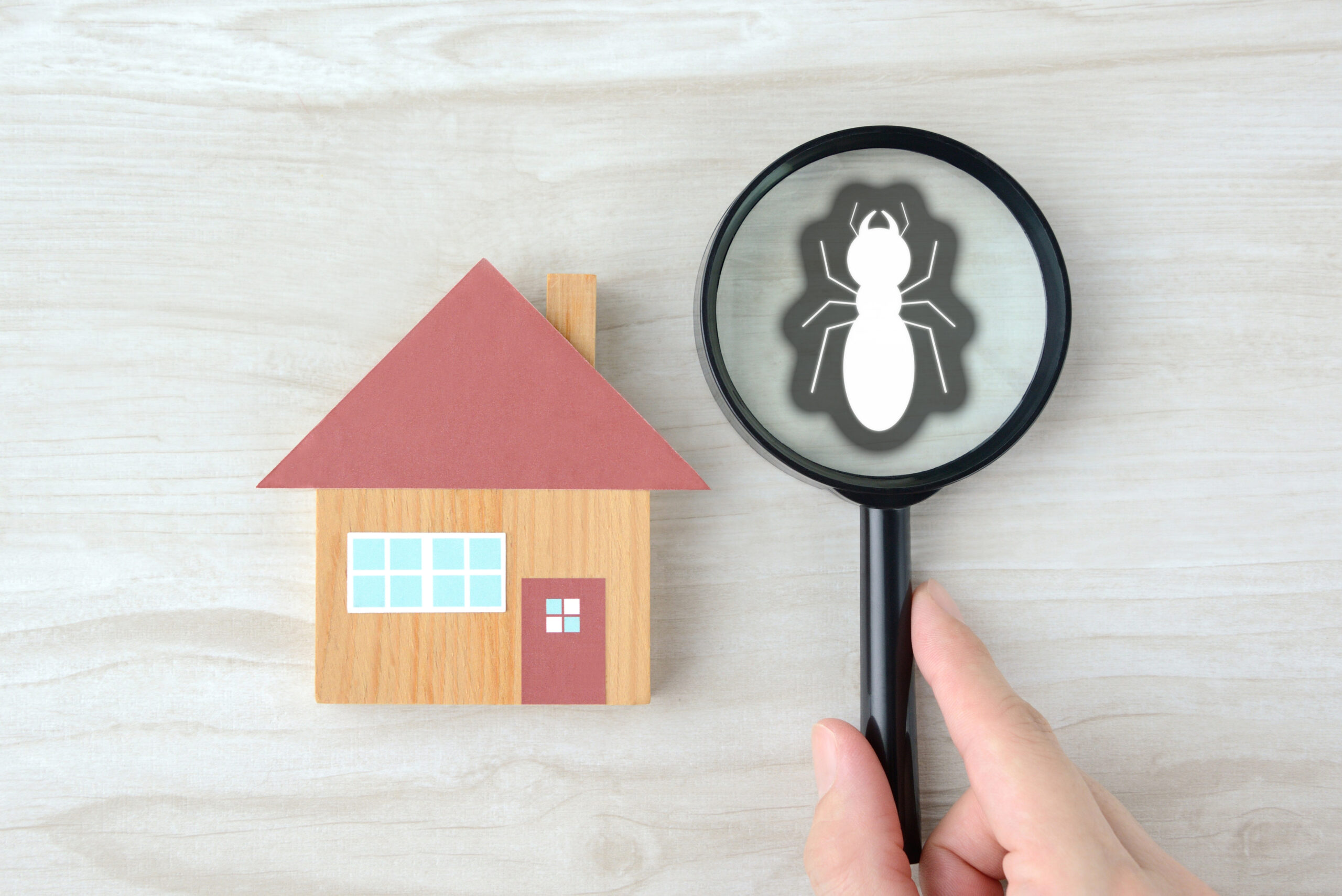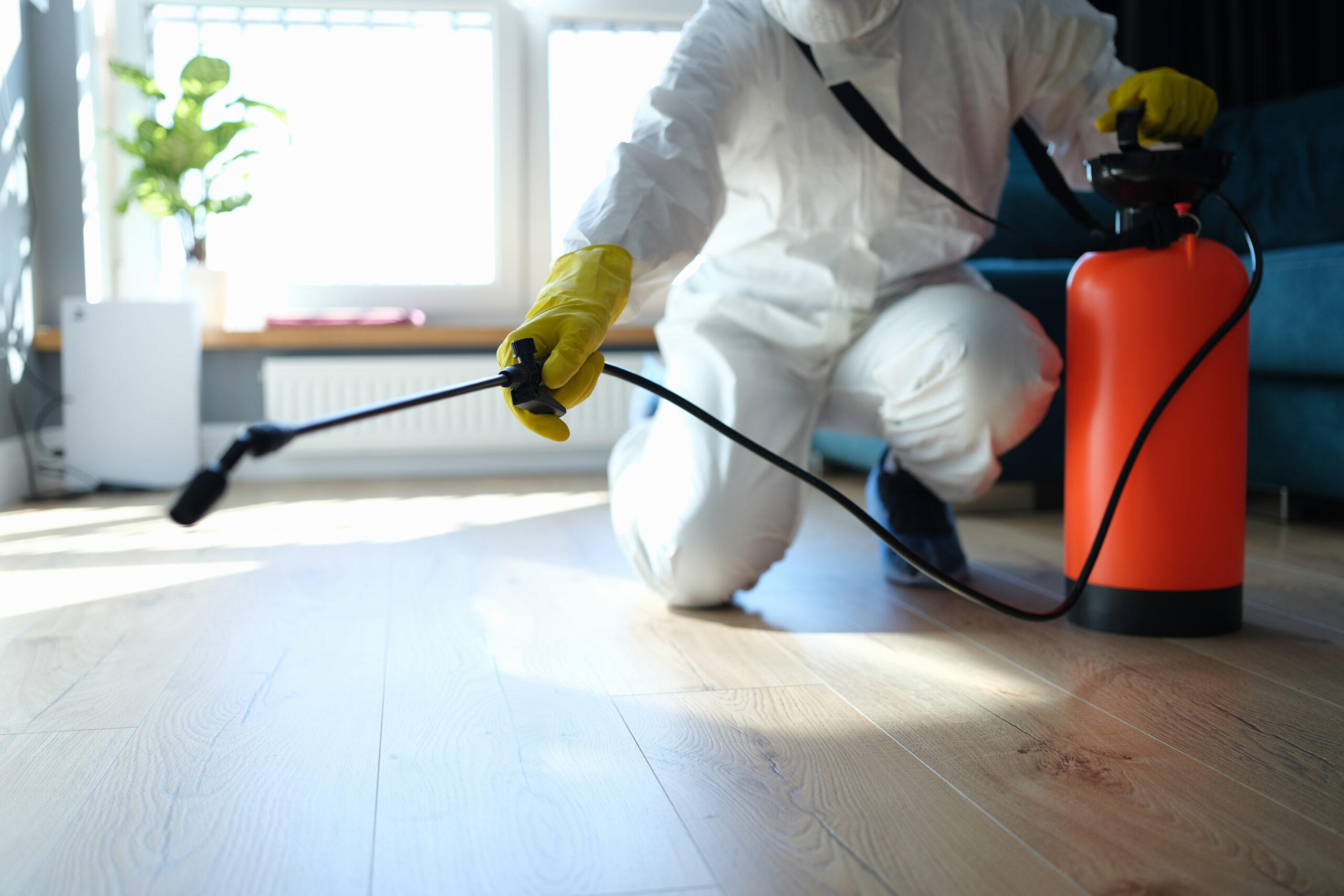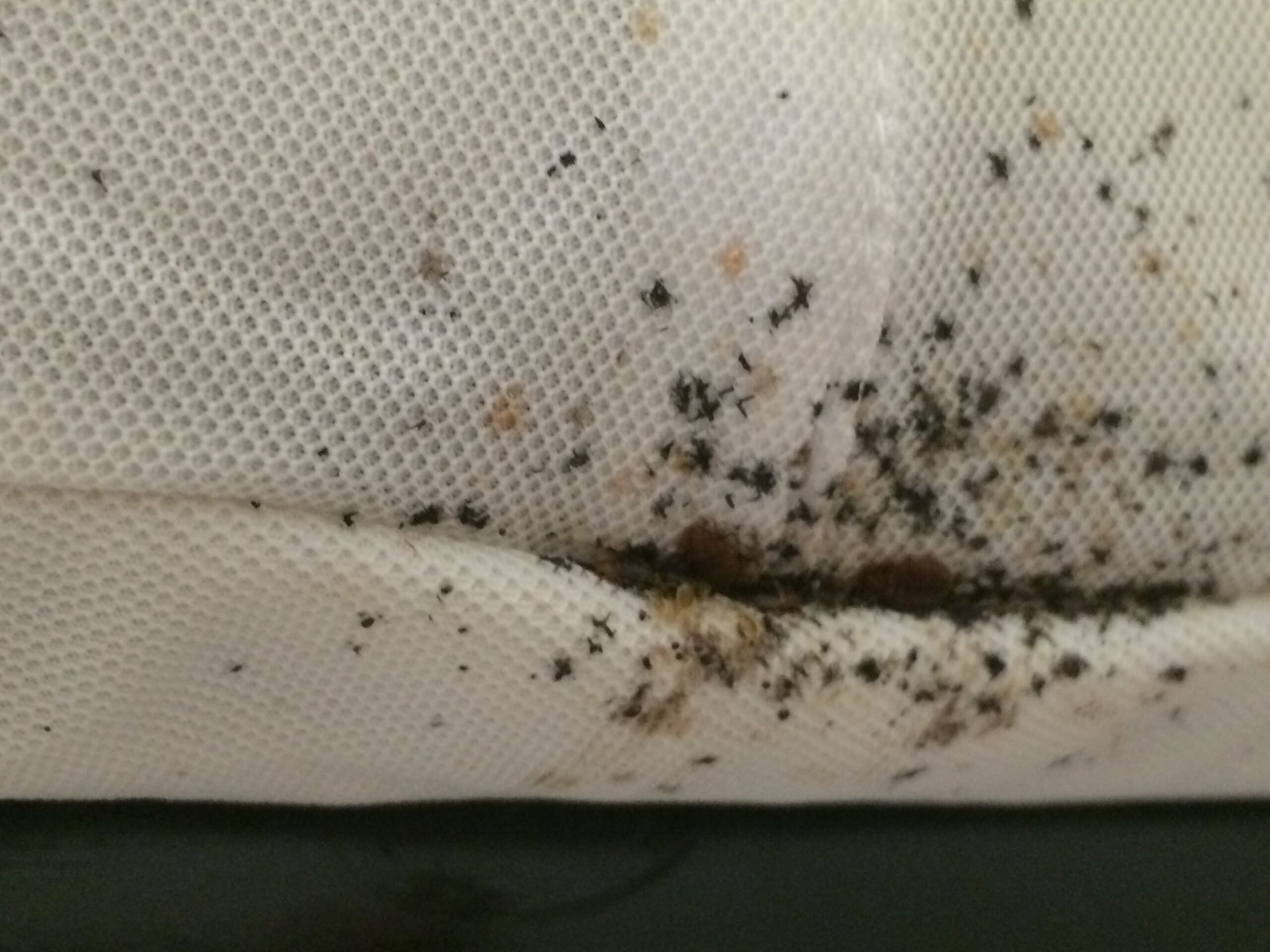This week marks the official start of spring and that means that soon enough, your Northwest Ohio and Southeast Michigan home or business will start to have bees, wasps, and hornets flying around. As we prepare for spring and summer you should protect your home and business from bees, wasps, and hornets.
Before you start spraying store bought insect control products, you should understand that attempting to rid your home or business of bees, hornets, or wasps is not advisable. These pests aren’t just annoying, they also present life-threatening risks to your health.
What do you need to know about bees, wasps, and hornets to protect your Ohio or Michigan home and business?
How to identify the difference between a bee, wasp, and hornet?
The first step of resolving or preventing a bee, wasp, or hornet infestation is to identify which of the stinging insects have invaded your space.
- Bee: Even though the stinging insect may have yellow and black stripes, you shouldn’t assume that it’s a bee. Bees are pollen collectors and have hairy bodies that they use to hold nectar and pollen with. Bees have a pair of large compound eyes which cover much of the surface of the head.
- Wasp: Wasps are hunters and typically more aggressive than bees. Wasps vary in color, from a metallic blue to a dull red to solid black, they can even be yellow and black in some cases. Wasps have 2 sets of wings and 6 legs. They have antennae and “pinched-in” or hourglass waists.
- Hornet: Hornets are brown with yellow and orange stripes. Their wings are golden brown. Hornets are similar to wasps in that they have 2 sets of wings, 6 legs, 2 antennae, and a pinched-in waist. Hornets are typically larger than bees and wasps.
What is the danger of a bee, wasp, or hornet insect sting?
The 2 greatest risks from most insect stings are allergic reaction (which can be fatal in some people) and infection (more common and less serious). In most cases, bee, wasp, and hornet stings are just annoying, and home treatment is all that’s necessary to ease the pain. If you’re allergic to these stings or you get stung numerous times, you may have a more-serious reaction that requires emergency treatment.
- Mild reaction: These insect stings can produce different reactions, ranging from temporary pain and discomfort to a severe allergic reaction. Most people have a mild reaction to these stings that cause swelling and pain and typically goes away within a few hours.
- Moderate reaction: Some people who get stung by a bee, wasp, hornet, or other insect have a bit stronger reaction, which includes extreme redness and swelling that enlarges over the next day. Moderate reactions tend to resolve over five to 10 days.
- Severe reaction: A severe allergic reaction (anaphylaxis) to a bee, wasp, and hornet sting is potentially life-threatening and requires immediate emergency treatment. A small percentage of people who are stung quickly develop anaphylaxis.
In general, bees, wasps, and hornets aren’t aggressive and only sting in self-defense and typically only sting once. If you disrupt a hive or swarm of bees, wasps, or hornets you are at risk of getting multiple stings. If you get stung more than a dozen times, the accumulation of venom may induce a toxic reaction and make you feel sick. Multiple stings can lead to a medical emergency.
What are some tips for keeping bees, wasps, and hornets away from your home or business?
Due to the toxic nature of bee, wasp, and hornet stings, it is always recommended that you call a professional pest control company to help you resolve the presence of any stinging insect in or near your Ohio or Michigan home or business.
If your home or business hasn’t been invaded by these pests just yet, we have provided a few tips for trying to keep them away this spring and summer.
- Spread dryer sheets: Bees, wasps, and hornets dislike the smell of dryer sheets and will typically stay far away from them. Lay a few sheets around the exterior of the home or building, paying close attention to areas where you are prone to finding these stinging insects.
- Use mothballs: As with moths, these stinging insects hate the smell of mothballs. Tie a few mothballs up inside some cheesecloth or pantyhose to make a useful repellent you can hang anywhere.
- Get creative with brown paper bags: Most bees, wasps, and hornets are territorial. Take a brown paper bag, fill it with air, and twist off the top to make it resemble a bee, wasp, or hornet nest. Hang the expanded bag in an area where you frequently see the flying pests.
- Disperse cloves: Cloves have a pungent odor and the scent is offensive to bees, wasps, and hornets. Spread some cloves around the outside of your home or business to keep these stinging insects away.
With spring here, you should protect your Northwest Ohio or Southwest Michigan home and business from bees, wasps, and hornets. The best way to prevent and protect your home or business from these stinging pests is to hire a pest control company.
At Delving Pest Control, we are experts at preventing and eliminating pests like spiders, roaches, bees, wasps, moths, flies, ants, fleas, roaches, and more. Delving Pest Control offers local affordable revolutionary pest control solutions right to your doorstep! Pressure-free! We provide interior, exterior discreet/private pest control services for both residential and commercial properties.
Protect your Ohio or Michigan home or business from bees, wasps, and hornets by contacting us today.








